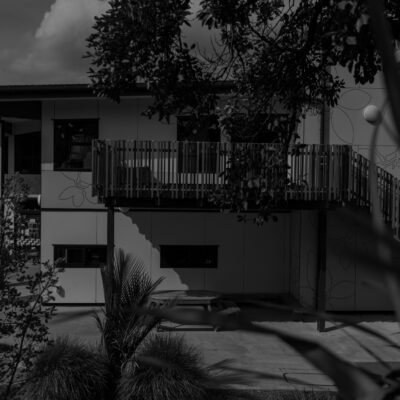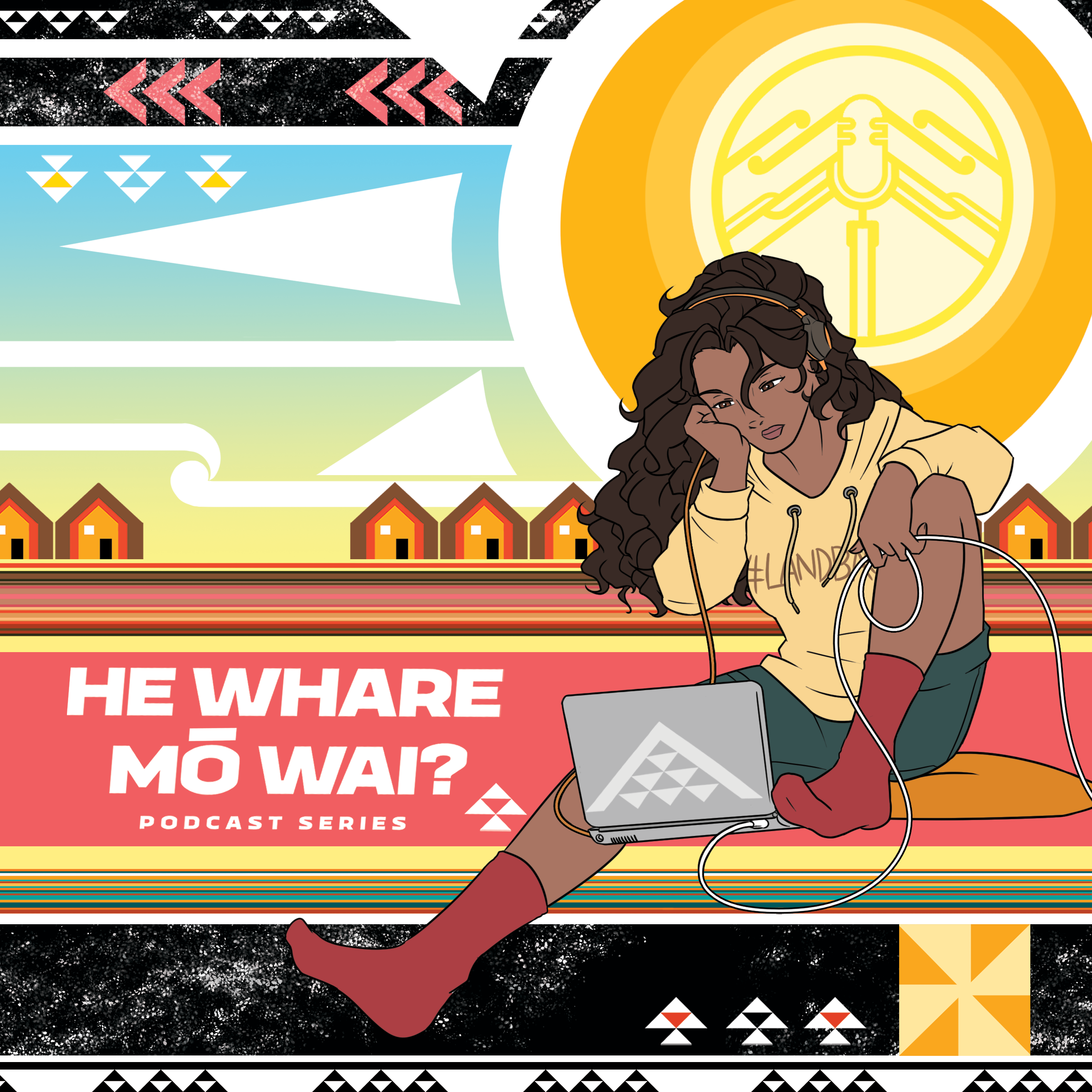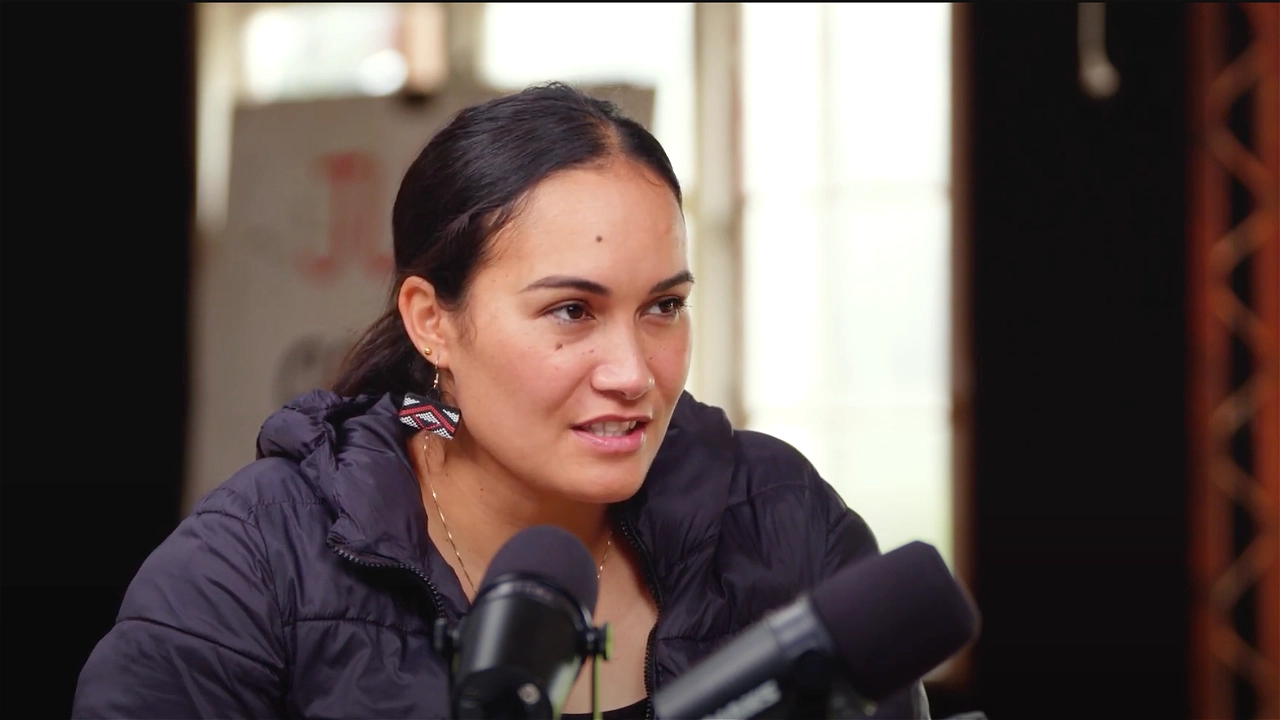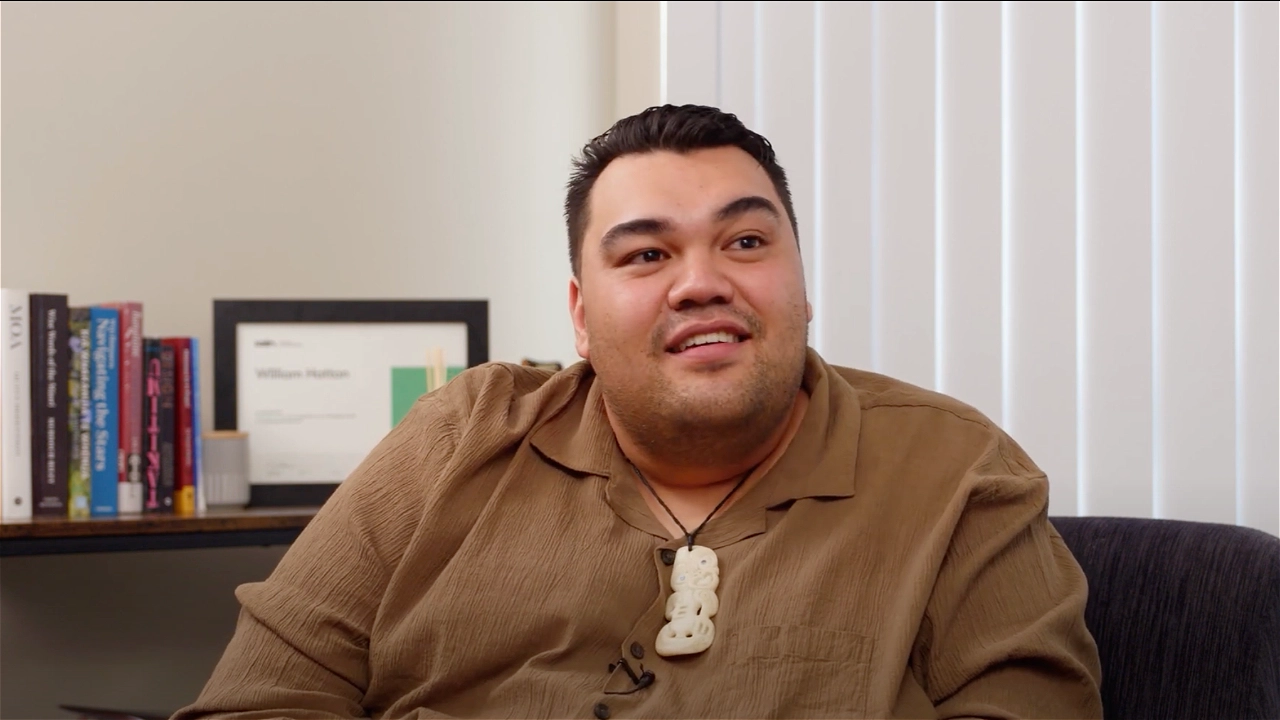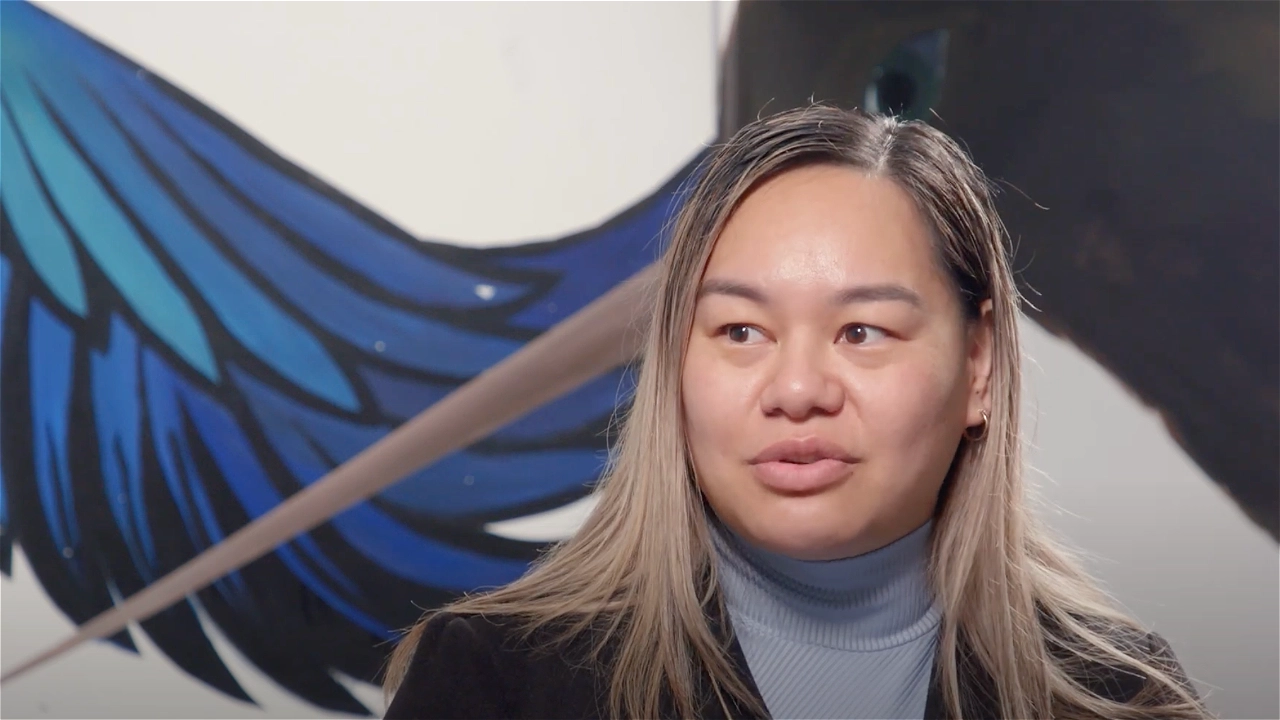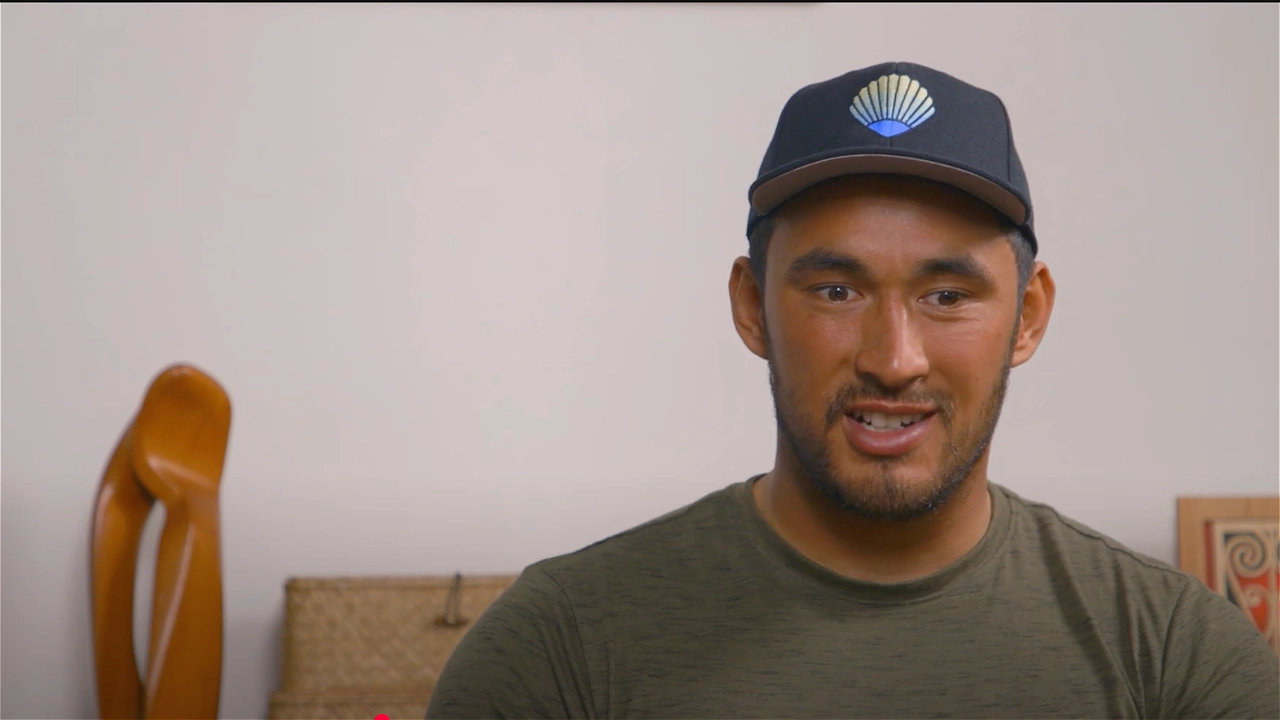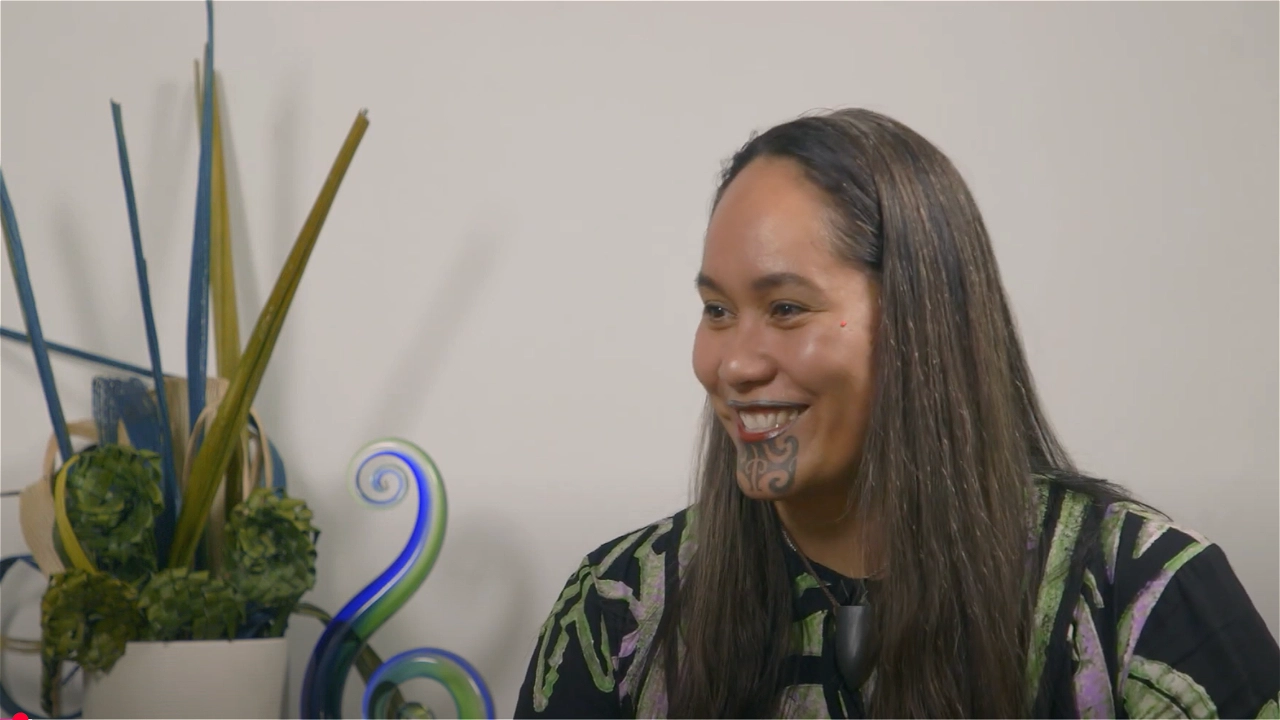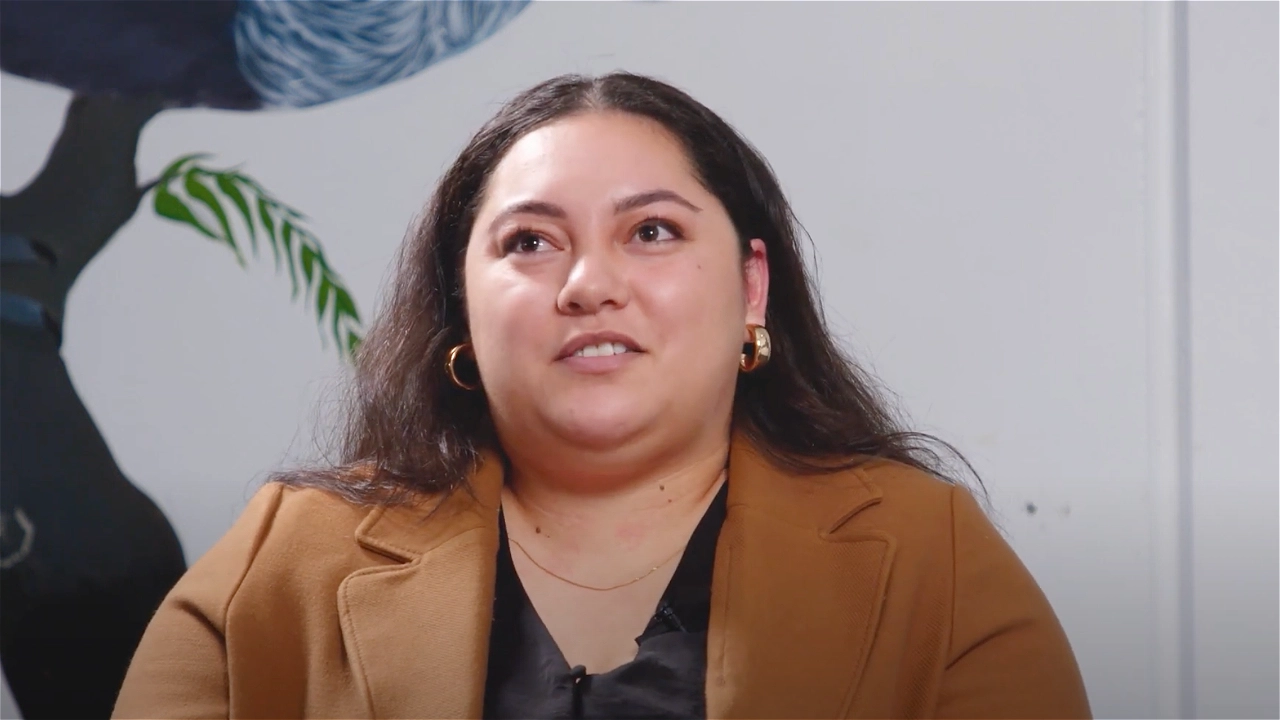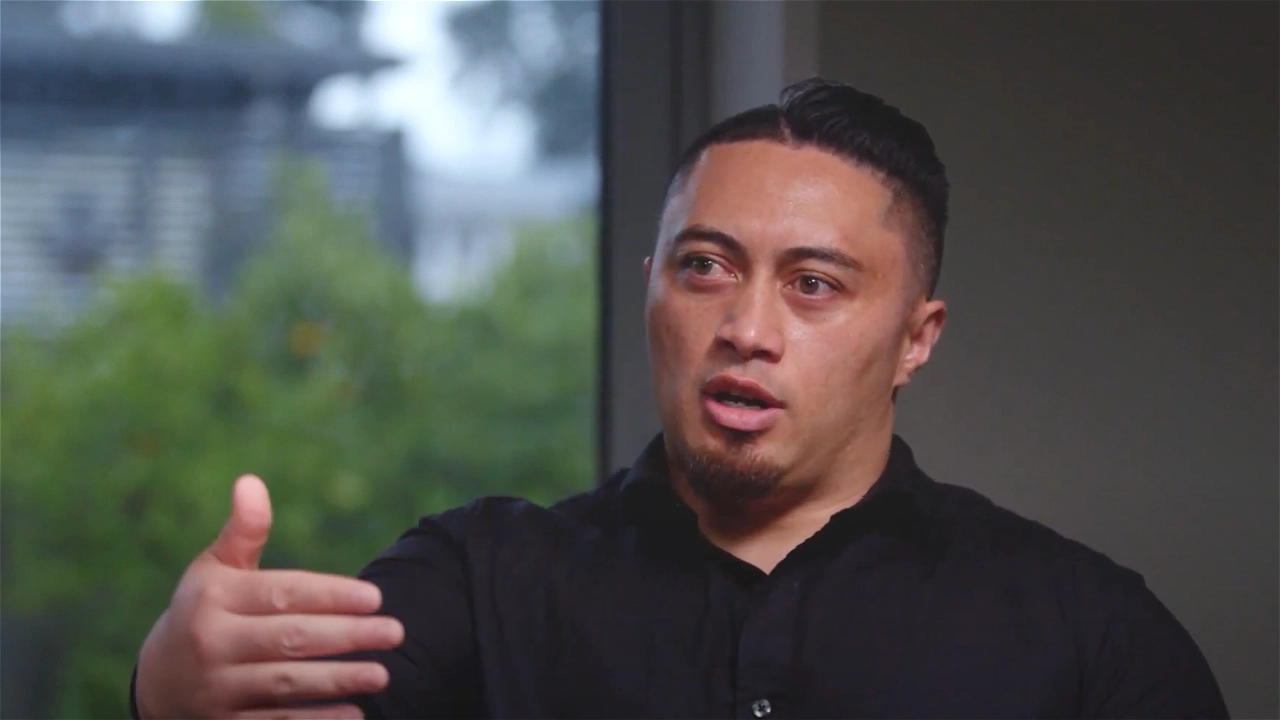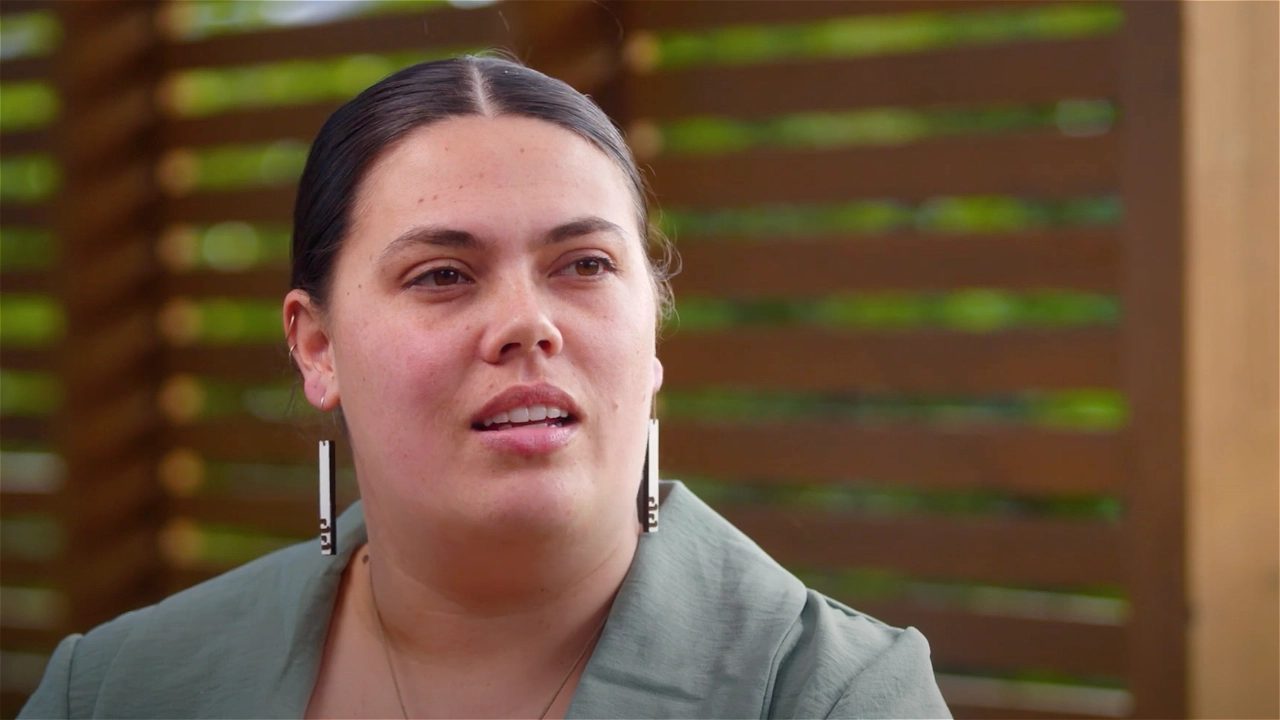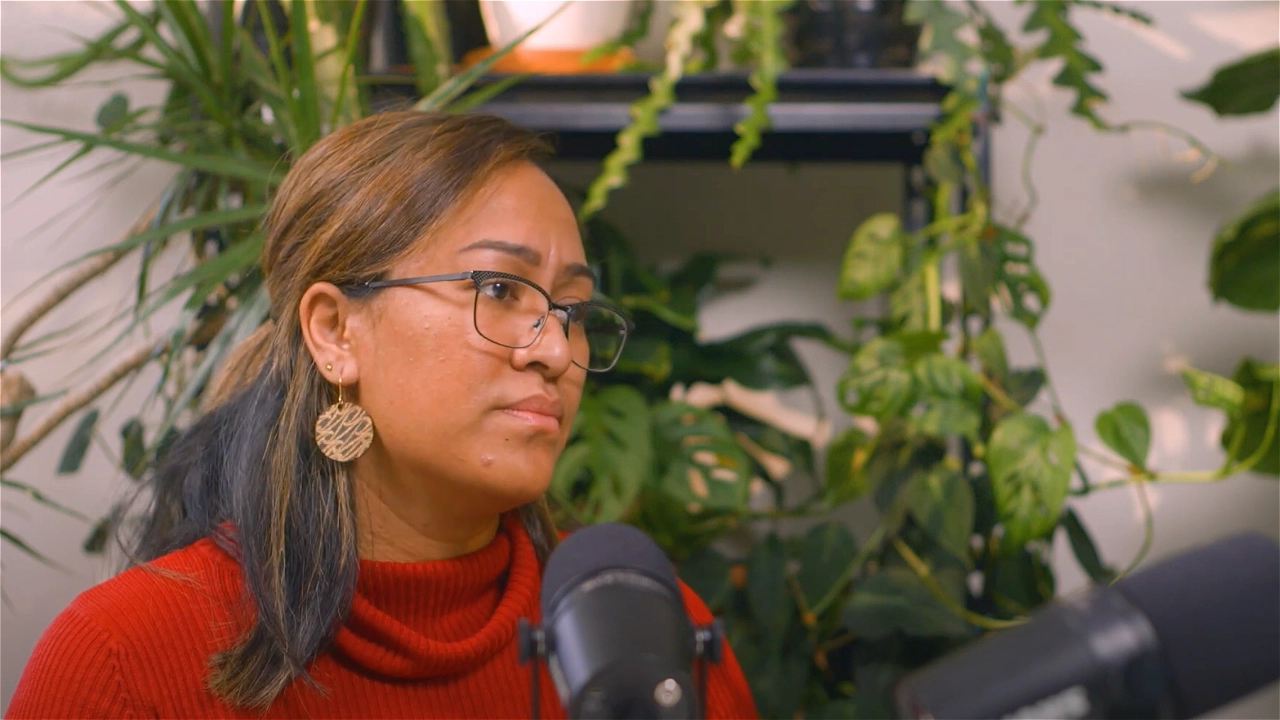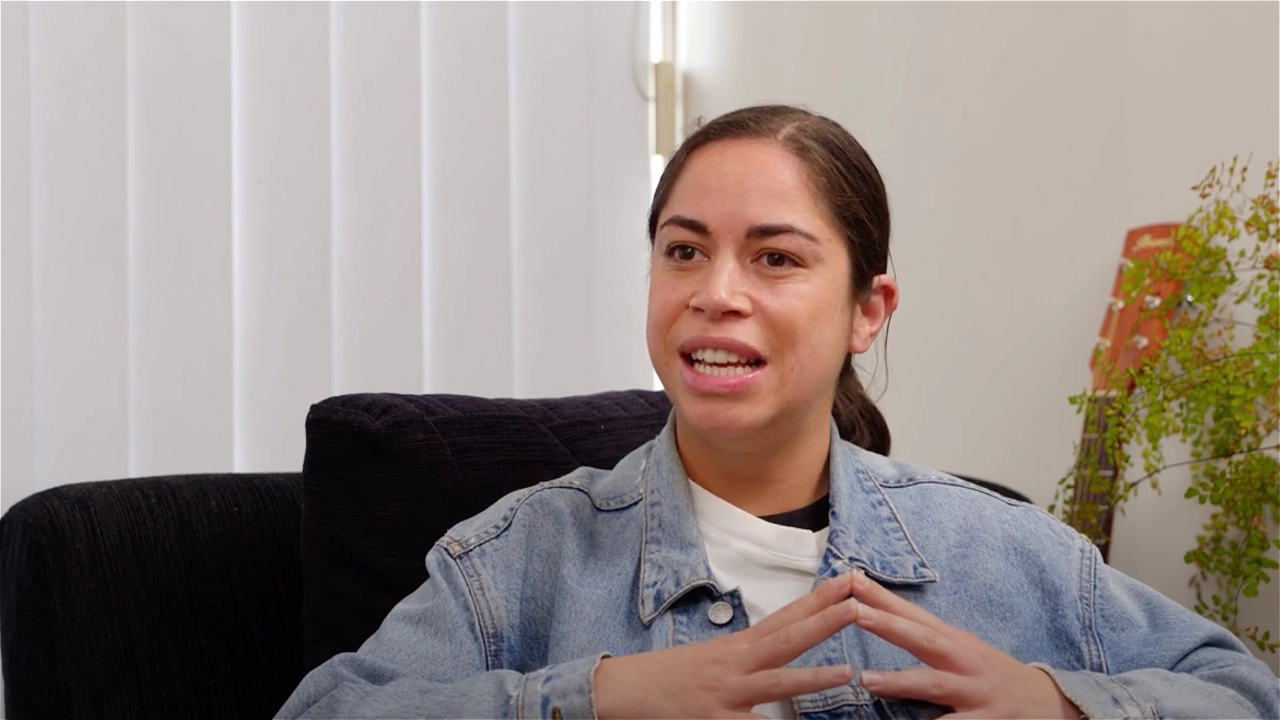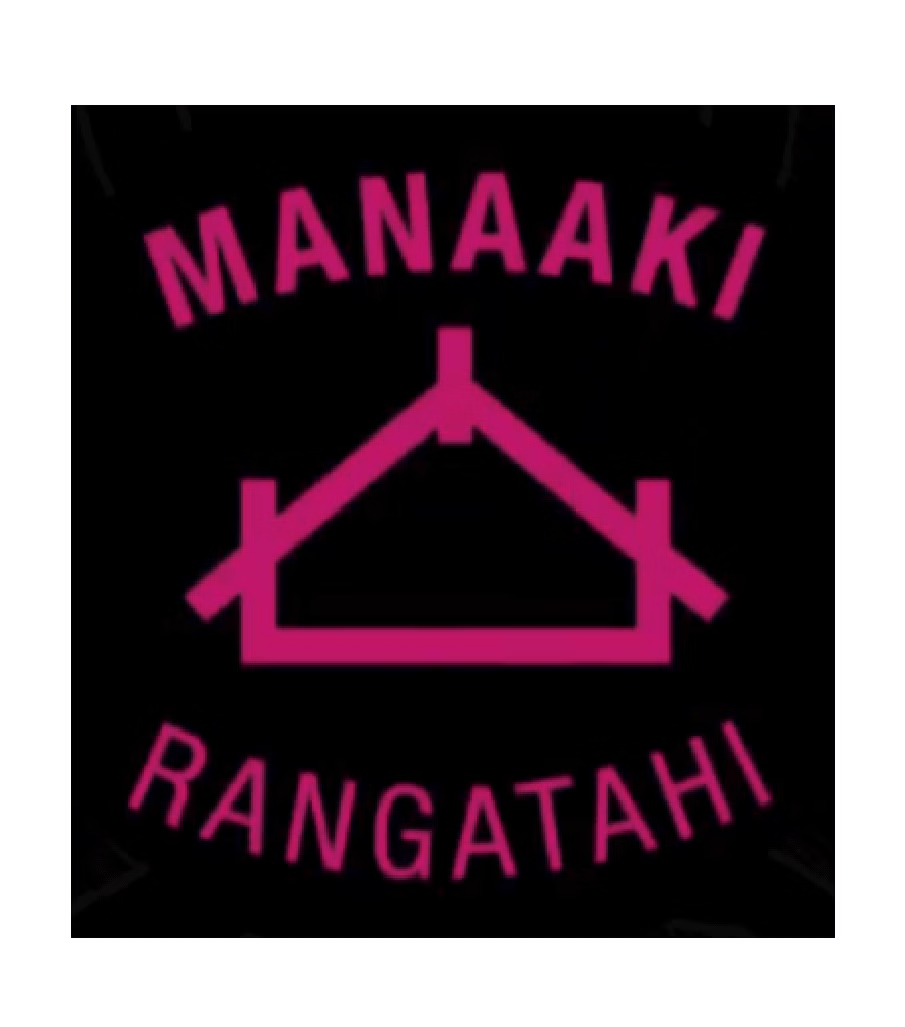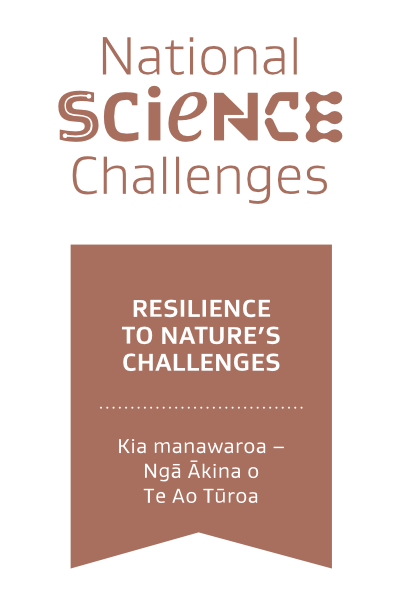– Rau Hoskins, 2023
About this programme
UIKI seeks to develop approaches that support intergenerational housing aspirations and the diverse needs of whānau, hapū, iwi and marae.
The UIKI programme, led by Dr Jenny Lee-Morgan, is made up of three research projects:
- Marae ki te Kāinga. This project investigates the benefits of the Manaaki Tangata programme at Te Puea Memorial Marae. Began by Rihi Te Nana alongside Marae-based researcher Whitiao Paul, this project captures the on-gong work of the Marae that included the initiation of the WAI 2750 Claim and the impact Manaaki Tangata to support sustained tenancies and whānau wellbeing.
- Rangatahi ki te kāinga. This project, led by Jackie Paul and Maia Ratana, explored the realities and aspirations of rangatahi in relation to kāinga, and how rangatahi can be best supported to navigate pathways towards affordable, safe and secure homes in Tāmaki Makaurau. The whakatauki ‘he tātai whetu ki te rangi, he rangatahi ki te kāinga’, chosen for this project encourages us to recognise the importance and potential of rangatahi. It calls us to nurture and guide our young people in the home and our communities, as they will become leaders who, just like stars, will guide and inspire us in the future.
- Te Whare Kāhui. Led by Rau Hoskins, this one-year project focussed on the design and delivery of affordable, culturally responsive marae-based housing solutions. In particular, marae-based whare kāhui (tiny homes) designs were developed as a way to provide high quality, moderate cost, emergency, transitional and long-term housing solutions for whānau Māori.
Podcast Episodes
Episode 1: Papakaainga - Pania Newton
This episode features Pania Newton, who is a member of the research team. Pania is well known for spearheading the occupation and reclamation of Ihumaatao where she has lived her whole life. She will be discussing how she bought back a piece of her ancestral land within her papakaainga and is now designing and building affordable homes for her wider whānau.
Episode 2: Renting/Flatting - William Hatton
This episode features William Hatton, who will be talking to us about what it’s like to live in an apartment in Tamaki Makaurau. William moved away from his whānau in Kahungunu to pursue higher education and better job opportunities and now rents with his cousin. He shares his housing experiences, his mahi in landscape architecture, and how he creates a home away from home.
Episode 3: Youth Homelessness - Mahera Maihi
This episode features Māhera Maihi, the founder of Mā te Huruhuru, a kaupapa Māori organisation that provides services and programmes for young people in South Auckland. She will be talking about her real-life experiences that led her to start Mā te Huruhuru and the work she now does supporting rangatahi, in particular those who are experiencing homelessness.
Episode 4: Kiwibuild Homeowner - Kaylib Heke
This episode features Kaylib Heke and will discuss his experience of buying a home through the Kiwibuild scheme. Khalib shares his housing journey and the process he and his partner persevered to be able to become first home buyers. He takes us through the highs and lows and shares some advice for those who are looking to buy a home in the future.
Episode 5: Housing Financial Advice - Inez White
This episode features Ines White who is a specialist in Māori land and homeownership. She is the creator of Whatukāinga; a program that supports first home buyers and is here to share financial advice for those wanting to buy their own home. She also tells us a little bit about her own housing experiences and how she came to be so knowledgeable about homeownership.
Episode 6: Intergenerational living - Hanna-Marie Monga
This episode features one of our own team, Hanna-Marie Monga, who will be speaking about what it’s like to grow up and live in an intergenerational homestead, in Tāmaki Makaurau. She takes us through some of the advantages and expectations associated with living with her wider whānau and she shares some of her own experiences pursuing home ownership.
Episode 7: Shared Equity - Raniera Pene
This episode features Raniera Pene who is passionate about improving social and economic well-being of Maori, as well as inspiring whanau to pursue their definition of Rangatiratanga and Mana Motuhaketanga. Raniera will be discussing his experience of buying a house through shared equity. He talks about the struggles he encounters on his journey to home ownership and the shared equity scheme that helped him reach his goal.
Episode 8: Proprietor - Joanne Gallagher
This episode features Joanne Gallagher who is both a renter and a homeowner. Jo and her partner live with their blended whānau in a rental home that suits their needs, whilst also owning another home that they rent out to others. She shares with us why she doesn’t live in the house she owns, her journey to homeownership, and what it is like being a landlord in Tamaki Makaurau.
Episode 9: Housing Policy - Jacqueline Paul
This episode features Jacqueline Paul, a researcher on this project, who talks us through the ins and outs of Housing Policy. She shares a bit about her own housing aspirations and her mahi as an advocate for ensuring rangatahi have safe, secure and affordable housing. Jackie focuses on the need for good policy and the complexities of working and navigating within government.
Episode 10: Innovative Housing Solutions - Maia Ratana
This episode features Maia Ratana, a member of our team, who lives in a tiny house in Northland. She talks to us about tiny living and what led her to live in her in-law’s backyard, despite having owned a home in Tāmaki Makaurau. Maia gets us thinking about innovative housing solutions, our impact on the environment and our long term housing goals and needs.
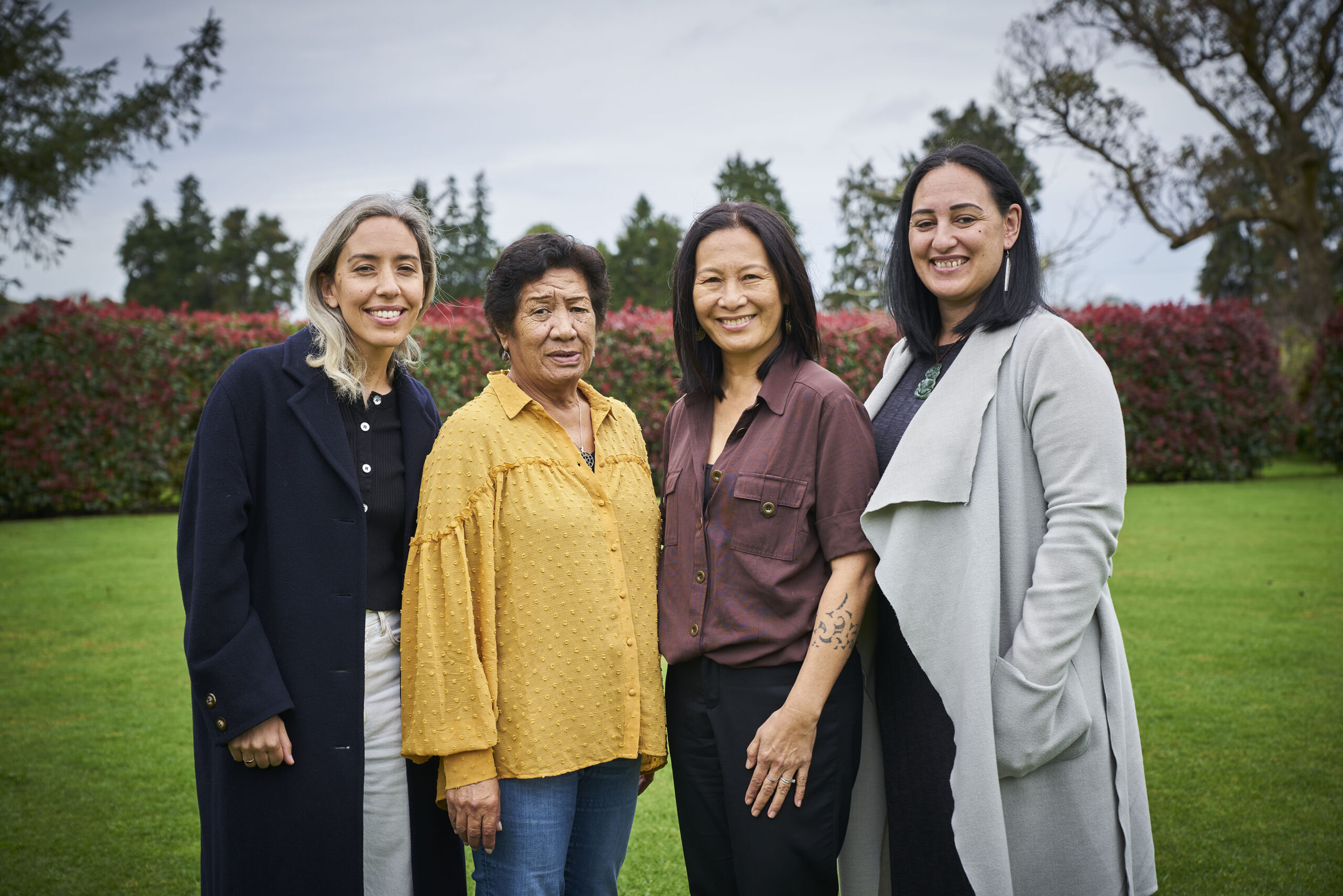
Research Aim
He Whare Mō Wai? Podcast
When COVID – 19 hit Aotearoa forcing a national lockdown in February 2020, the MOKO research had just started out. This was fortunate for MOKO to be able to observe first – hand, the response and approach by each of the five marae to the needs of their whānau and local communities during lockdown. Through the adversity of COVID, marae opened their doors and provided an extraordin ary service to whole communities.
A pikitia (picture) series was commissioned to tell the important story of each marae’s interaction with their communities during the pandemic. The imagery, symbolism and a whakatauki/whakatauāki (proverb) or statement, captures a snapshot of each marae and their activity in the pandemic of 2020/21.
All six marae were stretched to host different services on site, to become food outlets and health contact points. They worked more collaboratively with Government and other c ommunity agencies and redeployed their workforce to frontline essential worker duties.
This Pikitia Exhibition is the voice of the six marae. Four of the six marae are located in Mangere. It is a privilege that Pūrangakura has been able to showcase the am azing community contribution of these marae and their whanaunga marae from Manurewa and Papakura at a South Auckland site, and with their local community at the Mangere Arts Centre.
This podcast is funded by Building Better Homes Towns and Cities, and Purangakura Maori Research Centre.
Executive Producers
Maia Ratana,
Hanna-Marie Monga,
Jacqueline Paul and
Pania Newton
Production Team
Rewi Heke,
Taiha Molyneux,
Tatsuya Sasaki,
Taoitekura Eruera and
Mana Wikaire-Lewis
Music Composer
Jesse Monga
Jesse’s Instagram
Jesse’s Spotify
Graphic designers
Rihana Te Nana
Jarryd Saifoloi
Our Research Team
The overall programme of work is led by Dr Jenny Lee-Morgan with project administrative support by Kate Lee. Each project has its own research teams and community partners.
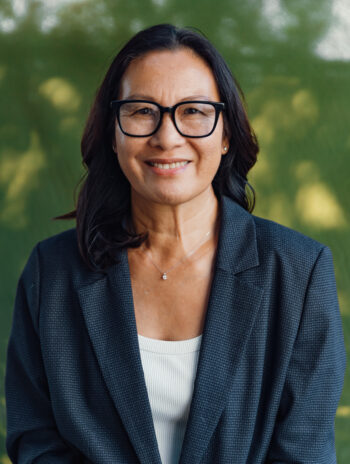
Prof. Jenny Lee-Morgan
Waikato, Te Ahiwaru, Ngāti Mahuta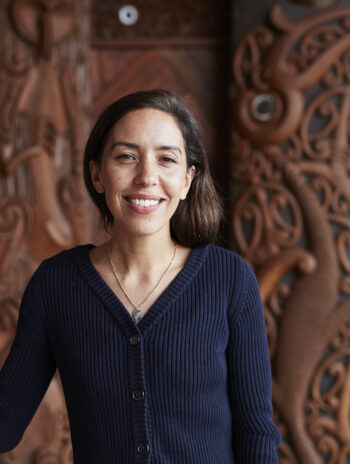
Kate Lee
Ngāti Hine
Waikato, Te Ahiwaru, Ngāti Mahuta
Prof. Jenny Lee-Morgan
Prof. Jenny Lee-Morgan has a distinguished background in teaching and kaupapa Māori research. Jenny has led and contributed to several large community projects, including the Endeavour MBIE-funded ‘Generation Kāinga: Rangatahi Building a Resilient and Regenerative Aotearoa’, the Marsden-funded ‘Matike Mai Te Hiaroa #Protect Ihumātao’, and ‘Marae Ora Kāinga Ora’, among others. In 2016, she received the Te Tohu Pae Tawhiti Award from the New Zealand Association for Research in Education, recognising her high-quality research and significant contribution to Māori education. Jenny co-edited the award-winning book Decolonizing Research Indigenous Storywork as Methodology (2019) with Prof. Jo-Ann Archibald and Dr Jason De Santolo. Her most recent book, Tiakina te Pā Harakeke: Ancestral Knowledge and Tamariki Wellbeing (2022), was co-edited with Prof. Leonie Pihama.

Ngāti Hine
Kate Lee
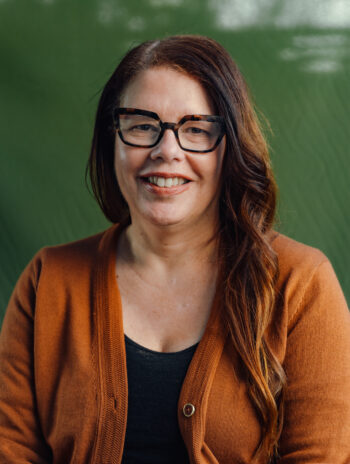
Dr Cat Mitchell
Taranaki, Ngāti Tara, Ngāti Haupoto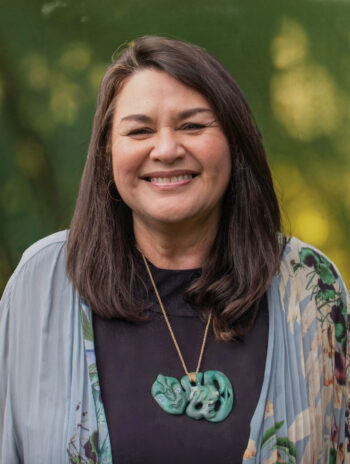
Dr Jo Mane
Ngāpuhi, Ngāti Toro, Te Popoto, Te Ngahengahe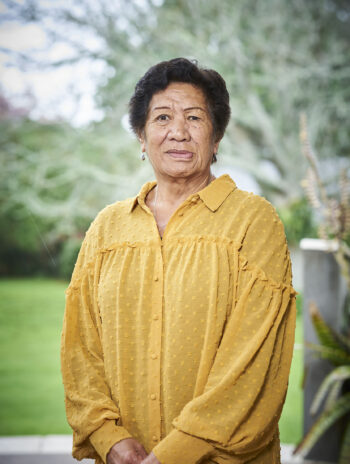
Whitiao Paul
Ngāpuhi, Ngāti Hine, Ngāti Ruanui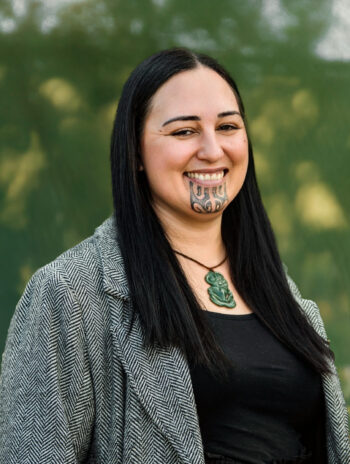
Irene Farnham
Ngāti Awa, Ngāi Tūhoe
Taranaki, Ngāti Tara, Ngāti Haupoto
Dr Cat Mitchell

Ngāpuhi, Ngāti Toro, Te Popoto, Te Ngahengahe
Dr Jo Mane
Dr Jo Mane is located in the south of Kaitaia, within the Mangataiore valley, under the protection of Maungataniwha. As part of a whānau and hapū-led initiative, she contributed to the establishment of Tautoko FM, an iwi radio broadcaster in Te Tai Tokerau. Working alongside her kuia to broadcast matters of importance to their local community, provided her with a profound understanding of self-determination, where te reo Māori was placed at the forefront. This experience inspired her to pursue training in kaupapa Māori education and research, fostering her active interest in community-based kaupapa Māori research. In her role as Senior Researcher at Pūrangakura, Jo’s work focuses on supporting Māori-led initiatives that advance the aspirations of tino rangatiratanga and empower Māori communities to achieve their goals.

Ngāpuhi, Ngāti Hine, Ngāti Ruanui
Whitiao Paul
is a highly experienced social worker. She is currently the Team Leader of Manaaki Tangata programme at Te Puea Memorial Marae. She is also a marae-based researcher in the ‘Marae ki te Kāinga’ research project that continues to investigate and foreground the work of marae in assisting our most vulnerable whānau.

Ngāti Awa, Ngāi Tūhoe
Irene Farnham
Irene Farnham is a kaupapa Māori researcher at Pūrangakura, with a background in social work and a passion for empowering Māori communities. Witnessing the systemic undervaluing of Indigenous ways of being, she is dedicated to creating meaningful change. Irene has extensive experience providing cultural support, guidance, and education in social services, particularly in housing, youth services, and whānau advocacy. She completed her Master of Applied Social Practice, focusing on the gendered and racial challenges Māori women face in leadership. Her research and practice aims to amplify Māori voices and perspectives to benefit Māori communities. Irene is undertaking her PhD at Waipapa Taumata Rau, furthering her commitment to kaupapa Māori research and advocating for systemic change to uplift Māori well-being and self-determination.
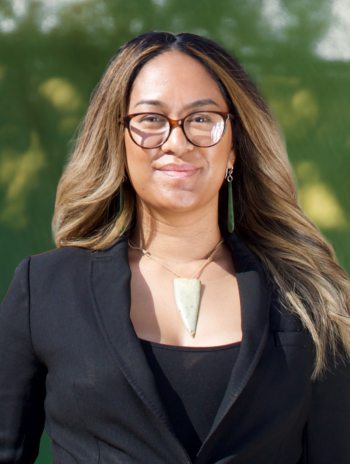
Jacqueline Paul
Ngā Puhi, Ngāti Tūwharetoa, Ngāti Kahungunu ki Heretaunga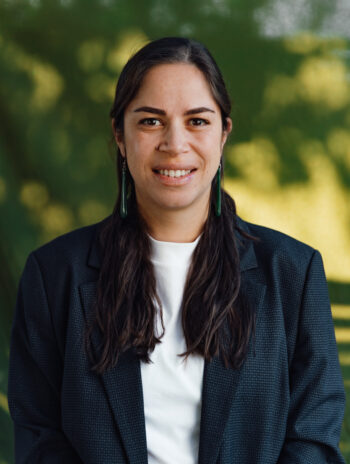
Maia Ratana
Ngāti Rangiwewehi, Ngāti Whakaue, Ngāti Te Roro o te Rangi, Ngā Rauru, Ngāti Raukawa ki te Tonga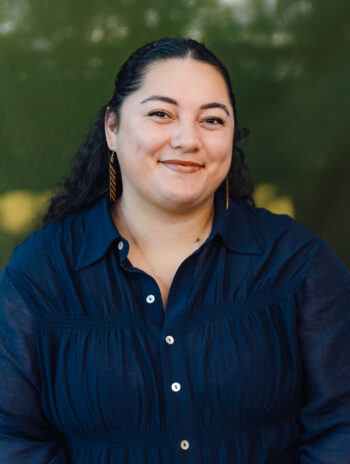
Hanna-Marie Monga
Ngāti Whātua, Te Uri o Hau, Cook Islands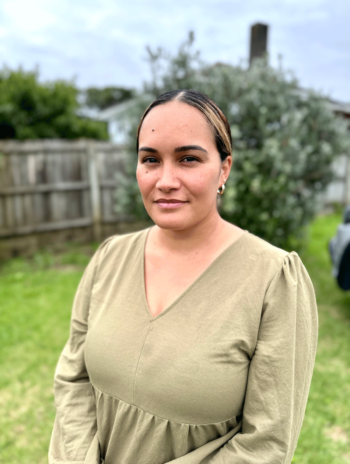
Pania Newton
Ngāpuhi, Te Rarawa, Waikato, Ngāti Mahuta
Ngā Puhi, Ngāti Tūwharetoa, Ngāti Kahungunu ki Heretaunga
Jacqueline Paul
Jacqueline Paul is a researcher whose work explores the intersection of Indigenous knowledge, treaty relationships, and urban planning. Currently pursuing her doctorate at Massachusetts Institute of Technology (MIT), Jacqueline’s research examines how different treaty contexts shape Indigenous sovereignty and self-determination in land and housing affairs. At Pūrangakura, she engages in research focused on improving housing and well-being outcomes for Māori communities.

Ngāti Rangiwewehi, Ngāti Whakaue, Ngāti Te Roro o te Rangi, Ngā Rauru, Ngāti Raukawa ki te Tonga
Maia Ratana
Maia Ratana is a researcher at Pūrangakura, a lecturer at Unitec School of Architecture, and a PhD candidate at Te Whare Wānanga o Awanuiārangi. She is undertaking kaupapa Māori research in Māori housing, homelessness, rangatahi leadership and equity in tertiary education. Maia’s PhD explores ‘Kaupapa Rangatahi,’ a theory of change that challenges colonial norms and empowers rangatahi as leaders and change-makers. Maia is passionate about building relationships, centring rangatahi voices and fostering equitable, sustainable futures.

Ngāti Whātua, Te Uri o Hau, Cook Islands
Hanna-Marie Monga
Hanna-Marie Monga is passionate about supporting Māori and Pasifika peoples on their housing journeys through research and architecture. She has a Masters degree in Applied Architecture from Unitec. In her role as Project Coordinator and Researcher in the Generation Kāinga Project, Hanna plays a pivotal role in research centred on designing culturally informed housing solutions for rangatahi that enhance wellbeing and identity.

Ngāpuhi, Te Rarawa, Waikato, Ngāti Mahuta
Pania Newton
holds a Conjoint Degree in Law and Health Sciences and is currently completing her Master’s degree as part of the Atlantic Fellows for Social Equity, The University of Melbourne. Well-known and highly respected for her leadership in the campaign to protect tribal whenua at Ihumatao, Pania is also a valued researcher with the MOKO and Rangatahi ki te Kainga projects.
More Projects
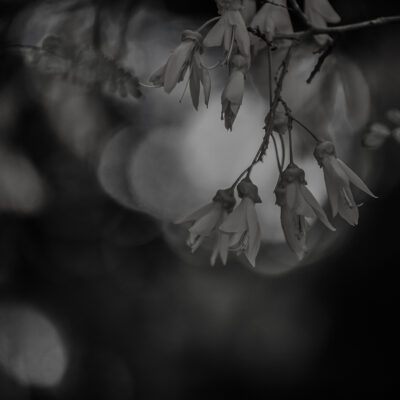
Manawaroa
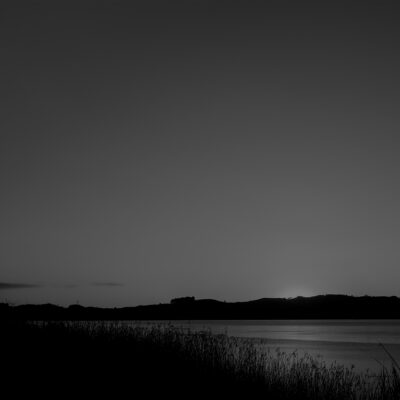
Wai Ora Kāinga Ora
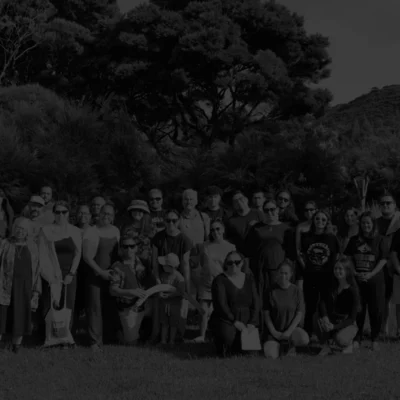
Generation Kāinga
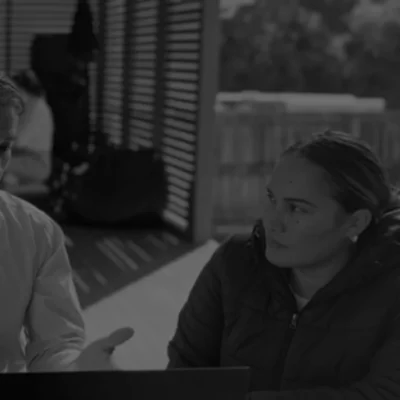
Digital Twin
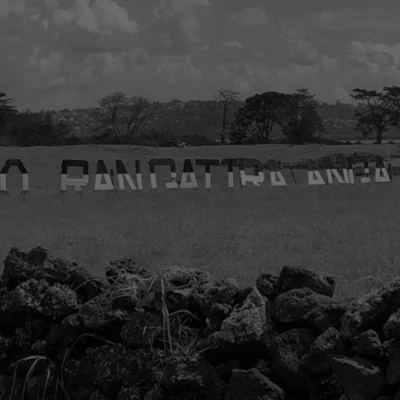
Matike Mai te Hiaroa
